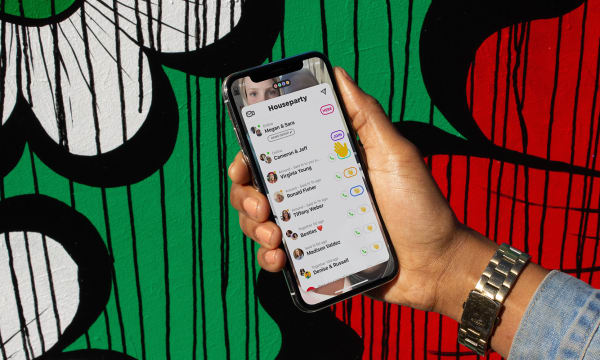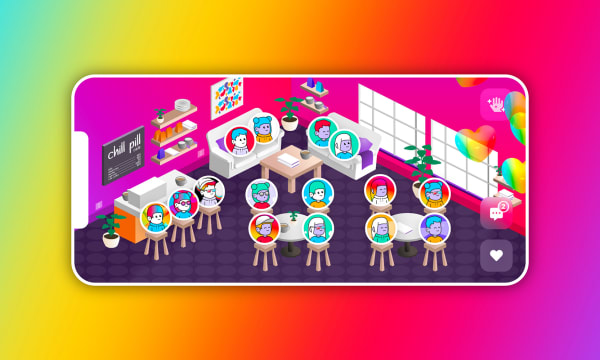“Social media is dead,” Vice proclaimed in November. “The Age of Social Media is Ending,” The Atlantic concurred. Fast Company, too, has declared that “Social networking as we know it is likely on its way out.” Even Elon Musk questioned “Is Twitter dying?” in April, only five days before offering to buy it.
The sentiment is not surprising, given that the last several months have seen the unraveling of social media giants. Twitter has been in turmoil following Musk’s takeover, with a mass exodus of users and employees alike. The list of Twitter users boycotting the platform reads like a who’s who of pop culture tastemakers. And according to a leaked report seen by Reuters at the end of October, Twitter is losing its most active users, with a scant 10% of users making up 90% of the platform’s traffic.
Meta is also floundering. Following its massive brand redirect in 2021, Meta posted its first sales decline as a public company in July, and as of October its profits had dropped by more than 50%, the New York Times reported. The company’s shares fell by more than 24% in October—the lowest price since 2016. And in the beginning of December, Meta laid off 13% of its workforce.
Meta has also been facing user discontent on Instagram. Significant backlash to the TikTok-ification of the platform ultimately led Meta to roll back some of the changes it had implemented for Instagram.
As illustrated by these operational struggles and user dissatisfaction, social media companies are facing a fork in the road: the choice between monetizing their platforms and facilitating true socializing.
Twitter has taken the former route, selling its blue verification checks and reportedly considering adding paid direct messages and fees to watch videos. Platforms like TikTok and Instagram are ramping up in-app purchasing options, with TikTok launching its in-app shopping feature for US users in November. “What if TikTok really just wants to sell you stuff?,” the Financial Times mused in December.
Newer social media entrants, meanwhile, are focusing on creating spaces for intimate and authentic socializing. BeReal, dubbed the “anti-Instagram app,” has become popular among younger users for its authenticity and spontaneity. BeReal is a “neat way to deconstruct the formal and fake side of social media,” Northeastern University sophomore Sean McGuire told Bloomberg. “It’s kind of annoying to look at social media sometimes,” Jennifer Lindley, a sophomore at Lehigh University, agreed. She told Bloomberg she’s tired of staring at “those posed things that you know aren’t real.”
Niche is a new decentralized social app that organizes users around shared interests. “Our whole hypothesis is that if you put people together around the shared interest, purpose, fan club or deep sense of community, having that context leads to more rich interactions and better dynamics within the community,” Niche cofounder Zaven Nahapetyan tells Wunderman Thompson Intelligence. “It seems more like the way we organize naturally,” Niche cofounder Chris Gulczynski says. “We all come together around things that build identity and interests.”



